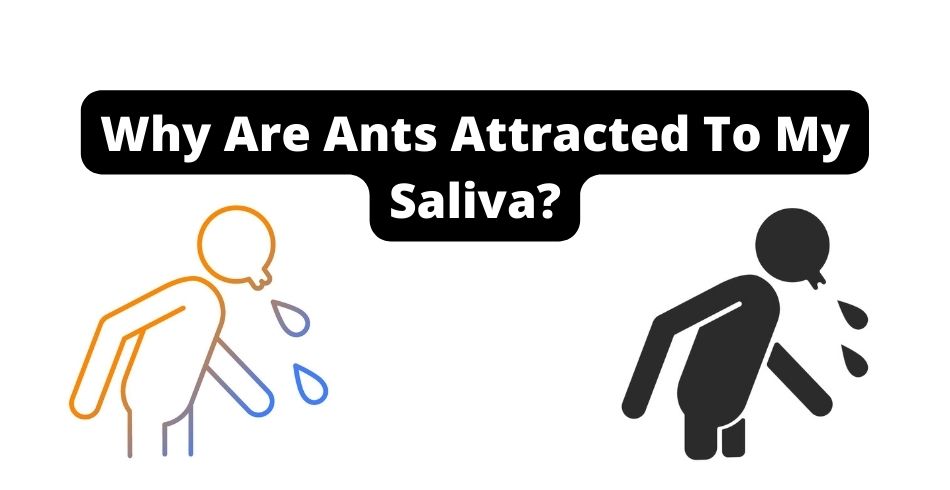While you probably don’t think about the usefulness of your Saliva, To ants, saliva is seen as a treat, and for some humans, a sugary one. But why are ants so attracted to it?
Saliva contains macronutrients and minerals that most ants need to survive. Saliva has proteins, carbohydrates, micronutrients, and vital minerals for ants’ standard/essential functioning. This is why saliva attracts ants. To ants, saliva is both food and water.
Why do ants come towards my saliva?
Eating saliva is highly beneficial for ants. They get ions for their homeostatic balance, as saliva has the electrolytes essential for the ant’s communication and body movement. Sodium, which humans get from eating salt, is particularly crucial to ants and is readily available in saliva.
In humans, the blood and body’s fluid balance is maintained by electrolytes such as sodium, phosphates, potassium, calcium, and magnesium.
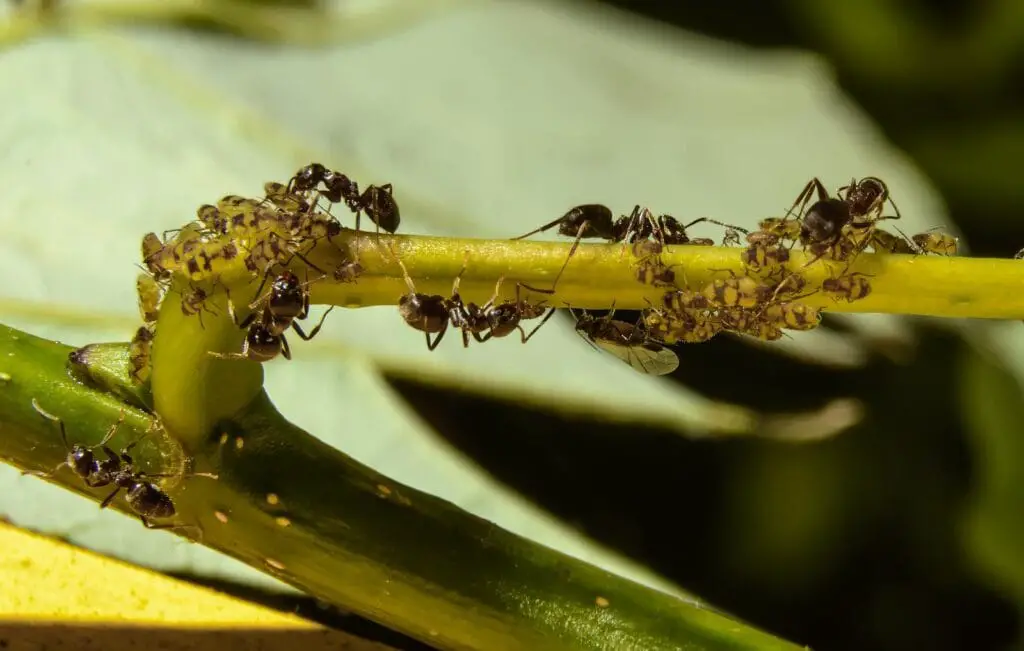
Ants require some of these ions too. (Source)
Sodium ions help the ants send their nerve signals.
Nerve signals in ants are the connections between their brain and different body parts, similar to how your brain tells your hands to move.
When ants don’t have enough electrolytes or food, their movement slows, and ants within a colony seem to have almost sluggish moving body parts.
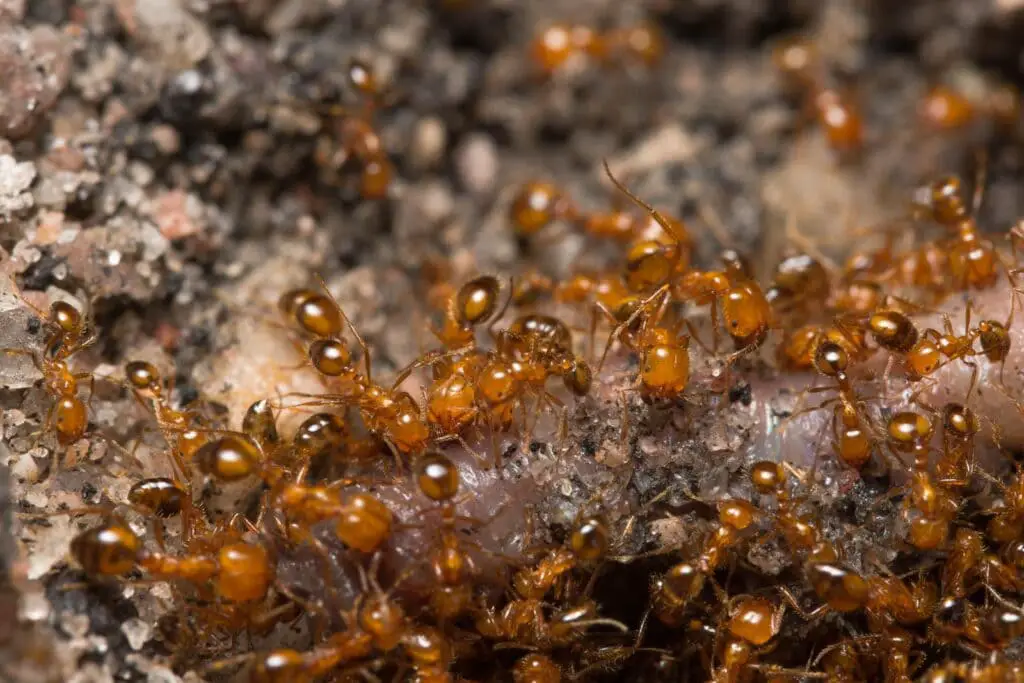
One study of crazy ants revealed that ants’ optimal growth occurs in environments with adequate sodium and potassium.
But more surprisingly, the colonies where ants thrived most were colonies with the highest calcium levels. (See More)
Bringing this back to saliva, calcium and all the critical ions are available in saliva.
Meaning that when an ant eats your saliva, the ant gets calcium and all those other critical ions from it. (Read More)
Besides electrolytes, saliva contains proteins, starch, and lipids,m which are vital macronutrients for ants.
Believe it or not, ants require water more frequently than food for survival.
Saliva is ninety-nine percent water; eating saliva provides nutrients and minerals and helps meet an ant’s water needs.
You could argue that when ants eat your saliva, they’re almost getting a full meal filled with nutrients and water.
Can ants detect diabetes?
Ants are attracted to fluids with valuable nutritional substances. Biologically, when high blood sugar concentrations escape the kidney’s filtration process, the sugar ends up in the urine, making it sweet. Thus, ants can swarm this urine for its sweetness, which could be a sign of diabetes.
Ants’ nutritional requirements vary depending on the needs of the colony.
But in general, sugary urine contains water and is a source of carbs for the ant’s high energy needs.
Before modern methods of testing diabetes, traditional diabetes specialists used to taste urine for sugar.
Flies or ants swarming urine is seen as a basic indicator of diabetes.
However, other symptoms need to be explored and tests conducted for a conclusive decision on the presence or absence of diabetes. (Read More)
Reach out to your health provider to find out more. (Your ants won’t be able to tell you).

Do ants being attracted to my saliva automatically mean I have diabetes?
Ants’ attraction to saliva is not conclusive evidence you have diabetes. To an ant, saliva is a rich source of protein and other macronutrients. Without further tests, it’s impossible to conclude if you have diabetes or not just because ants are attracted to your saliva.
However, one research panel concluded that the saliva of young adults and adolescents with diabetes has a significantly different protein profile than someone without diabetes.
Ants have a refined sense of smell and can pick out even minute molecular differences in and between substances.
Presented with two saliva samples as just described, ants may prefer one over the other. (Read More)
Conclusively though, consulting a doctor for a lab test is the surest way to confirm if the saliva’s molecular composition points to diabetes or not.

Which ants are attracted to urine?
Some Ant species break down urea to make nitrogen for protein feed on urine. A good example is the sugar ant, Camponotus Terebrans. Bacteria in this ant’s gut break down urea in urine to produce nitrogen. This ant then feeds on urine to meet its protein needs.
Urine is approximately 95 percent water.
Urea is two percent of urine, which forms a large percentage of the non-water makeup of urine.
The remaining three percent comprises sodium, phosphates, potassium, and other micronutrients, albeit in smaller proportions.
Ants traveling around in the bathroom will not miss out on an opportunity to drink urine if they get a chance.
Consuming urine supplies the ant with many additional micronutrients. (Yuck, Source)
Protein-seeking ants are drawn to urine because it’s a good food source.
Worker ants feed the queen protein for strength so she can continue to meet the egg-laying needs of the colony.
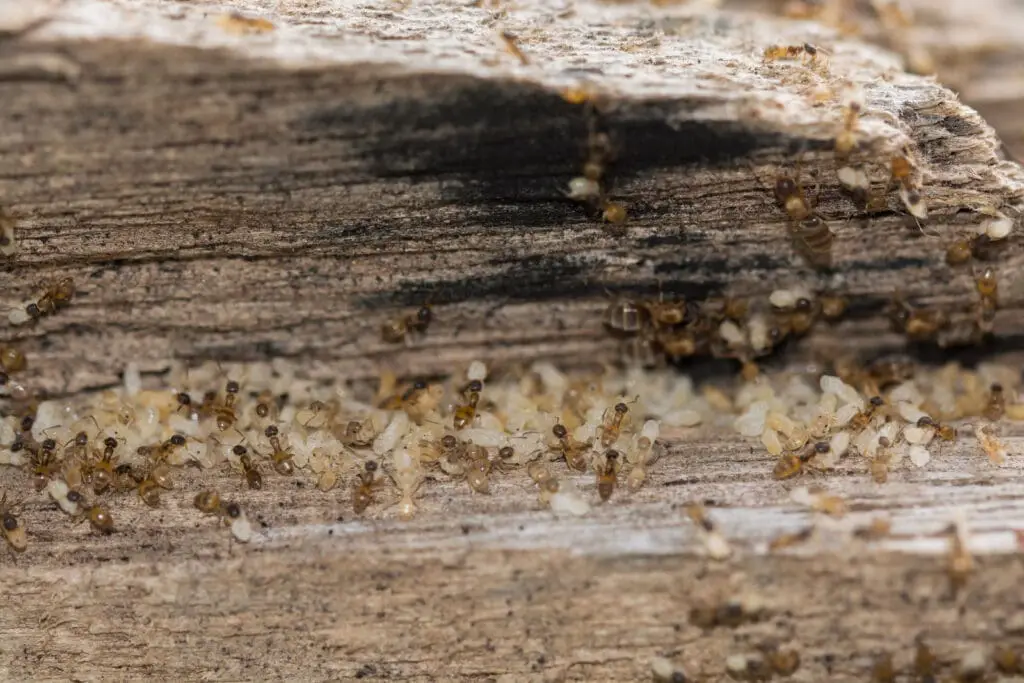
Protein is also vital for larvae, as a high protein diet will help them grow.
Believe it or not, urine is a highly valued protein source.
However, good urine isn’t the easiest of things for ants to find (believe it or not)
Determining factors include the nutritional composition of the urine, what nutrition the ants are seeking, and the type of ant.
Stemming from the argument above, attraction to saliva or urine does not automatically mean you have diabetes, as there are other things in both of those that ants are attracted to.
If you suspect you may have diabetes and are showing other symptoms, please consult with your doctor.
Why are ants attracted to my body?
An ant is attracted to the human body in search of salts and other nutrients. Sweat on the body contains salt, and sweat is a solution comprised of chemical substances such as sodium ions that ants require for their nervous system and movement of legs and muscles.
Sweat helps cool our bodies as it evaporates from the skin.
Sweat is a chemical solution comprised of sodium, potassium, chlorine, nitrogen (urea), and calcium molecules, among many others.
Sweat also washes away dead skin cells.
When it evaporates, the sweat residue leaves these nutritious substances on the skin.
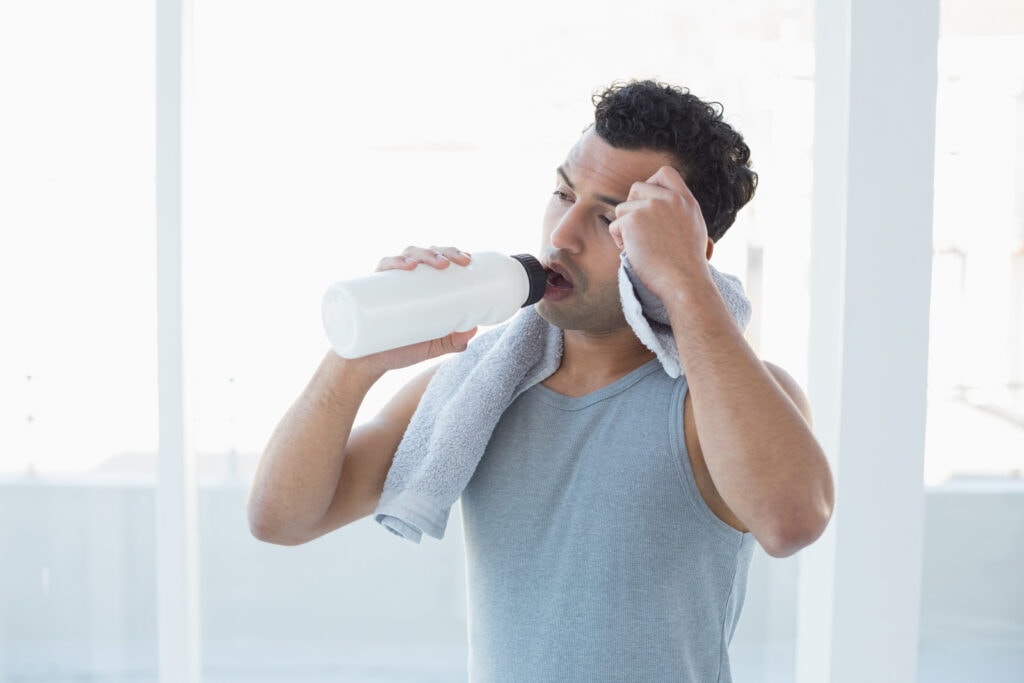
These micronutrients are essential to the ant’s well-being and are an obvious attraction to the ant.
Other substances that may attract ants to the body are accidental sugary spillages.
While seemingly small, these sugars can be left over on your hands and other body parts.
Left unwashed, they attract ants and other insects like flies.
In such a case, the ant is after the sugar in the sweet stuff on the body, not you.
Though, they still could bite you.
Why are ants attracted to my feet?
Feet are a favorite among ants. Feet are sweaty, sweat is salty, and ants seeking sodium find sweaty feet a solution to their problems. Feet also have a lot of dead skin, and dead skin contains iron and proteins that ants may be after.
Dead feet, skin, nails, and flakes contain a protein called keratin.
Even though this type of protein is not easy to break down for ants, they still collect dead skin particles and take them to the nest.
The feet’ skin is loaded with many dead cells, which attracts the ants from far and wide!
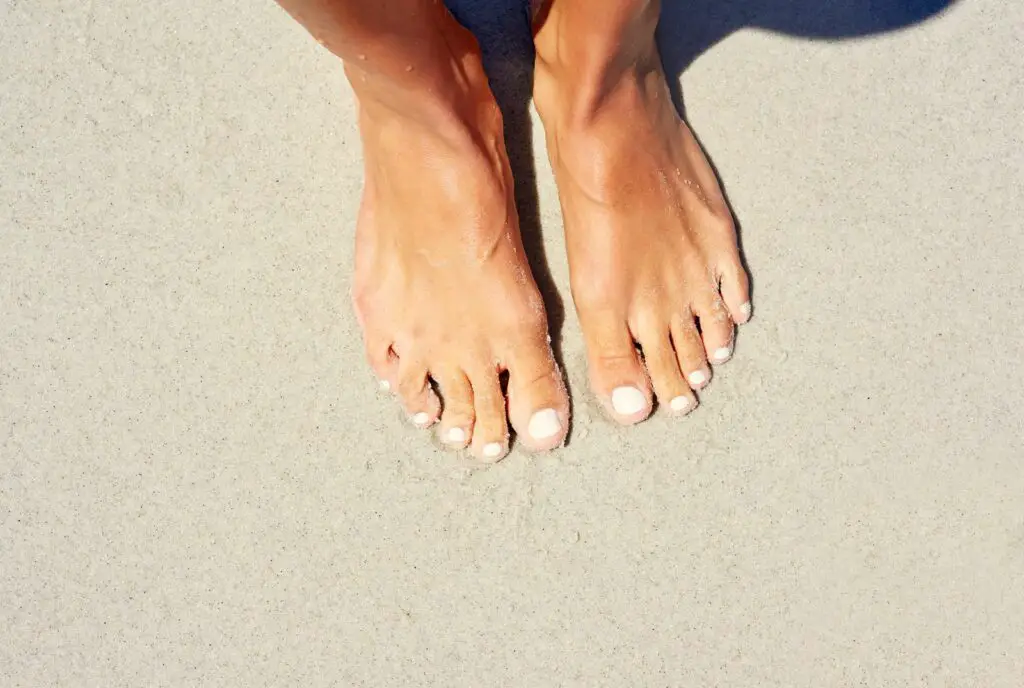
Why are ants attracted to my mucus?
Like saliva, mucus contains water and essential nutrients such as proteins, sugars, and fats. These are important to ants and are a good reason why ants are attracted to mucus. Mucus also contains dead cells loaded with lots of proteins.
The mucous glands secrete mucus to protect various organs like the respiratory system.
Mucus deters bacteria, viruses, and other harmful microorganisms from causing an infection to vital body organs.
The mucus membrane traps dust particles in the eyes and nose and removes them, safeguarding these parts from infection.
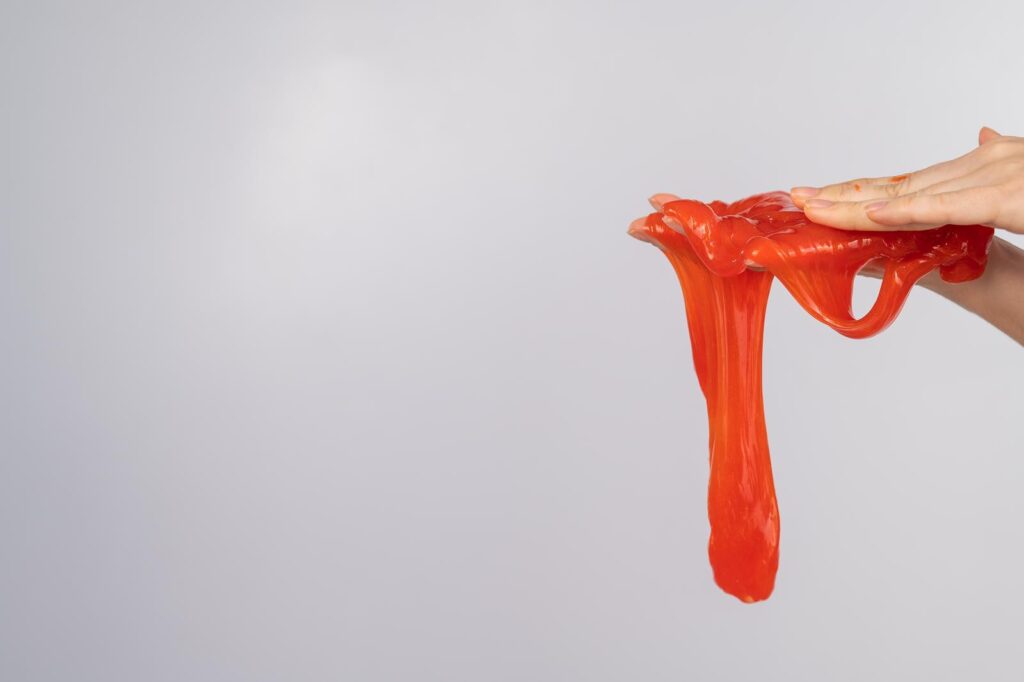
White blood cells attack and kill pathogens.
Used-up cells and stains of blood during or after infection are eliminated from the body through mucus-like secretion.
The yellowish stains in phlegm we cough up are a sign of the dead white blood cells the body is getting rid of after fighting the immunological battle.
Dead cells are loaded with proteins.
Even though they’re undesirable in the body, ants crave the protein in them.
When the ants eat the mucus we cough up and spit; They keep the microscopic world free of germs as they fulfill their role as the earth’s most famous scavengers.
